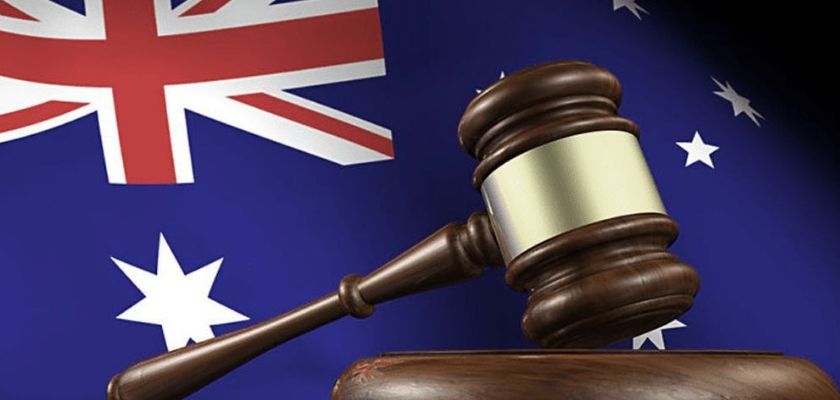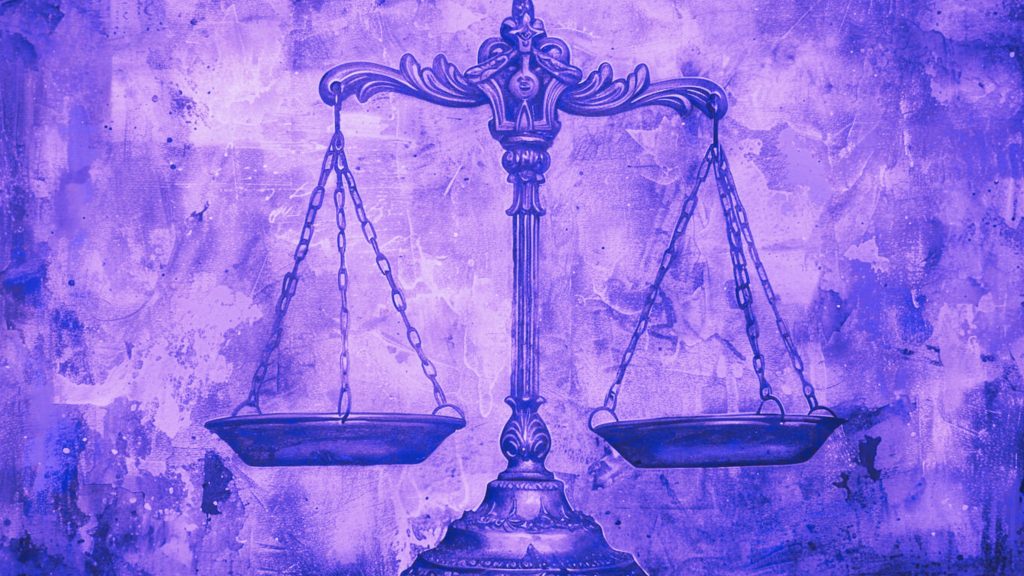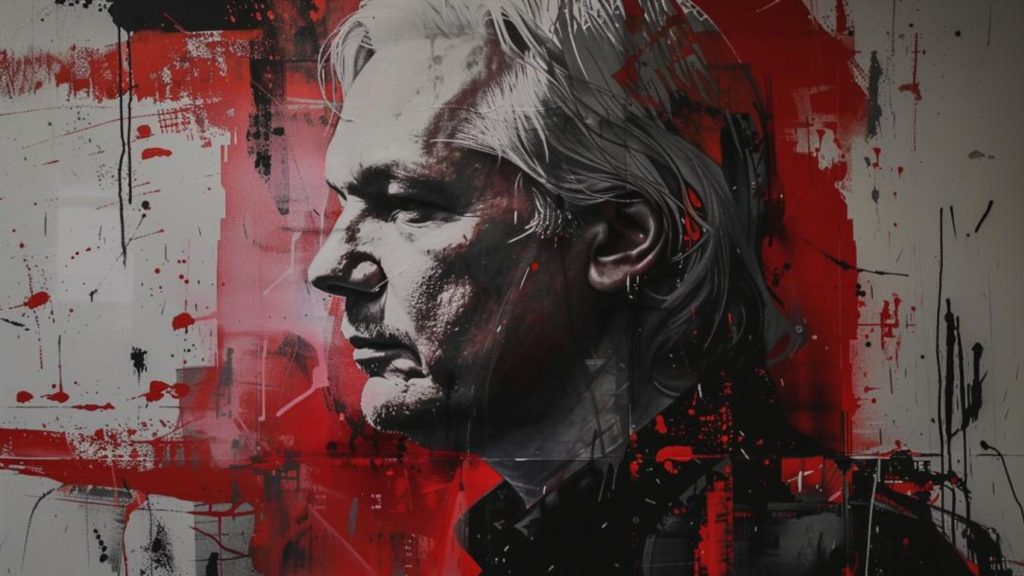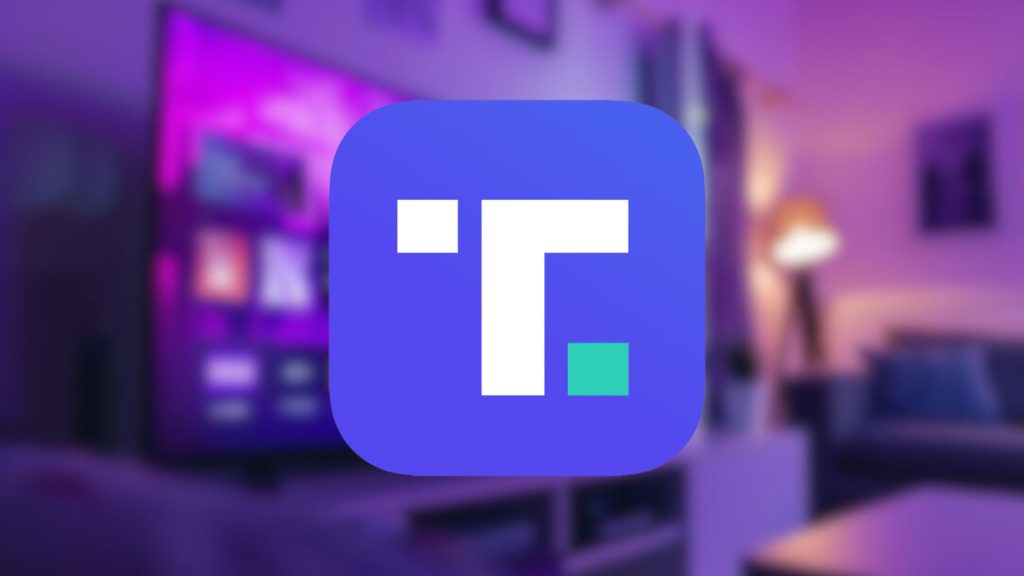A recent takedown notice sent by the Australian authorities to a forum owner and their hosting service has once again brought to the fore the country’s seemingly relentless drive to reshape the rules on the internet that have existed thus far, and even enforce its new regulation onto the rest of the world.
And it would be easy to overlook that particular point in the overall unsavoriness of this particular story: the notice was sent to forum Incels.co over their decision to allow a user to publish an explicit photograph of a murder victim.
Thank you Australia – many might be prompted to say. But the issue with possibly unforeseeable consequences and implications down the road on all sorts of speech, and on national legal jurisdictions, is this: did Australia actually have any legal grounds to intervene in this way?
The case revolves around a recent homicide in the US of a teenage Instagram influencer – and her suspected murderer who eventually posted the photos of the victim’s body on Instagram.
The Instagram audience started sharing this disturbing content, forcing the platform to scramble to remove it – but as usual, falling short of many expectations of doing enough fast enough. This situation was eventually put under control, but not before creating its share of online controversy and outrage – and not before the image found its way to various corners of the internet, including the forum that raised Australian authorities’ red flags for “unlawful” content.
Australia’s argument
In the takedown notice Australian authorities ordered the owner/administrator of the Incels.co forum to remove the photograph, in line with the country’s recently amended Criminal Code, that prohibits violent material from appearing on websites.
The new legislation was passed in April, after the March mass shooting in neighboring New Zealand, and prohibits the dissemination of online of material that shows recorded or streamed depictions of grave crimes, such as murder, terrorist attacks, and torture, among others.
In the takedown notice, Australia’s eSafety Commissioner called on the forum to remove the offending material, and inform the office once this has been done – also inviting the owner/administrator to contact them “if they had any questions about the notice or the basis for it.”
The forum complied and removed the image. In a comment to Reclaim The Net, they implied this was done under pressure from their host – also in Australia’s sights, and also not located in Australia – but went on to describe the situation as “an insult” where a foreign country was “trying to impose itself on the web at large, despite not having any jurisdiction.”
But the takedown notice, whether valid or not, seems to have been convincing enough, as it mentioned that allowing access to the material was punishable with up to three years in jail – “and/or a fine of up to $2,100,000 Australian dollars for an individual.”
Jurisdiction in the brave new digital world
The big question raised in the big picture of this hot mess of a story is this: does Australia, or any other country, have the right to send takedown notices to websites operated outside its sovereign territory?
And an even bigger question might be: what if other countries followed suit?
In a comment to Reclaim The Net, David Reischer, an attorney and CEO of the pro bono online service LegalAdvice.com, said that Australia’s order presented “several jurisdictional issues of note.”
For one, the forum is operated on a top-level domain (TLD) assigned to the country of Colombia – and therefore Australia’s lawsuit could “likely” to be brought in that South American country.
But, US jurisdiction is not ruled out “if the defendant’s business is located in the United States or if the domain name is located at a registry that resides in America,” Reischer said.
However, in this case, the defendant “may be well within his rights under the First Amendment of the United States to resist Australia’s take down order,” he said.
“Were the potential defendant to simply ignore Australia’s notice, it is very likely that Australia would not pursue the takedown request since the action is likely outside their jurisdiction,” Reischer concluded.
But if there seem to be too many qualifiers in this explanation – that’s because there are. The truth is that the internet has existed since its inception as an extraterritorial entity, accessible to all and outside the boundaries of state laws – but in the current overall movement to fragment it, that may well be changing.
It’s little to no surprise that Australia, which has shown itself as exceptionally and impulsively adept at knee-jerk reactions to isolated tragic events – like blocking websites at ISP level after the New Zealand shooting – would be leading, or attempting to lead the way in redefining the web.
Australia’s eSafety Commissioner passed on the opportunity to comment.
If you're tired of censorship and dystopian threats against civil liberties, subscribe to Reclaim The Net.









